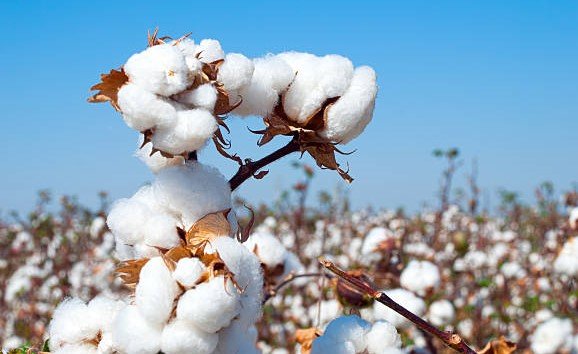Cotton cultivation, a cornerstone of Pakistan’s agricultural sector, faces hurdles beyond the traditional issues of pests and weather. This article explores some of the lesser-known challenges impacting cotton production, specifically delays in wheat procurement.
The Domino Effect of Delayed Wheat Procurement
Recent reports highlight how delays in wheat procurement by the government can have a cascading effect on the subsequent cotton sowing season. Farmers, facing uncertainty over the sale of their wheat harvest, are hesitant to invest in preparing their land for cotton cultivation. This can lead to missed planting windows and ultimately impact national cotton yield targets.
Timely Procurement is Key
A smooth wheat procurement process is crucial for ensuring a successful cotton season. Timely payments to farmers allow them to make informed decisions about the next crop cycle. This financial security enables them to purchase essential supplies, such as fertilizers and seeds, for cotton cultivation.
Optimizing Water Usage
The delayed wheat procurement has led to an unexpected surplus of water in reservoirs. While this might seem positive on the surface, it also highlights the interconnectedness of agricultural practices. With cotton sowing delayed, the readily available water cannot be utilized effectively for this crop.
Collaboration is Key
Addressing these challenges requires collaboration between various stakeholders. Government agencies responsible for wheat procurement need to streamline the process to ensure timely payments to farmers. Additionally, agricultural departments can play a vital role by providing guidance and support to farmers during the transition period between wheat harvesting and cotton sowing.
Looking Ahead: Sustainable Solutions
By recognizing the interconnectedness of agricultural practices, Pakistan can develop a more sustainable and resilient cotton cultivation system. Efficient wheat procurement processes and improved communication between government departments and farmers are crucial steps towards achieving this goal.
Conclusion
Cotton cultivation is an essential part of Pakistan’s economy, and addressing the challenges beyond the field is vital for its continued success. By acknowledging the impact of factors like delayed wheat procurement and taking proactive measures, stakeholders can ensure a thriving cotton industry for the future.
Read Also: Limited Access to Tetanus Shots in Lahore Raises Concerns


